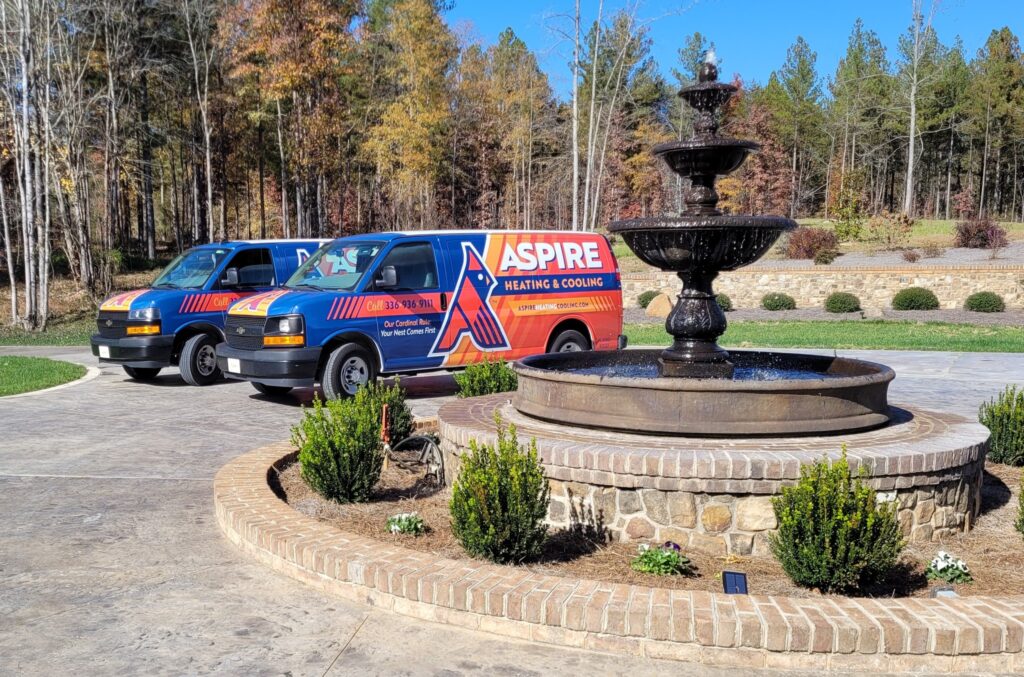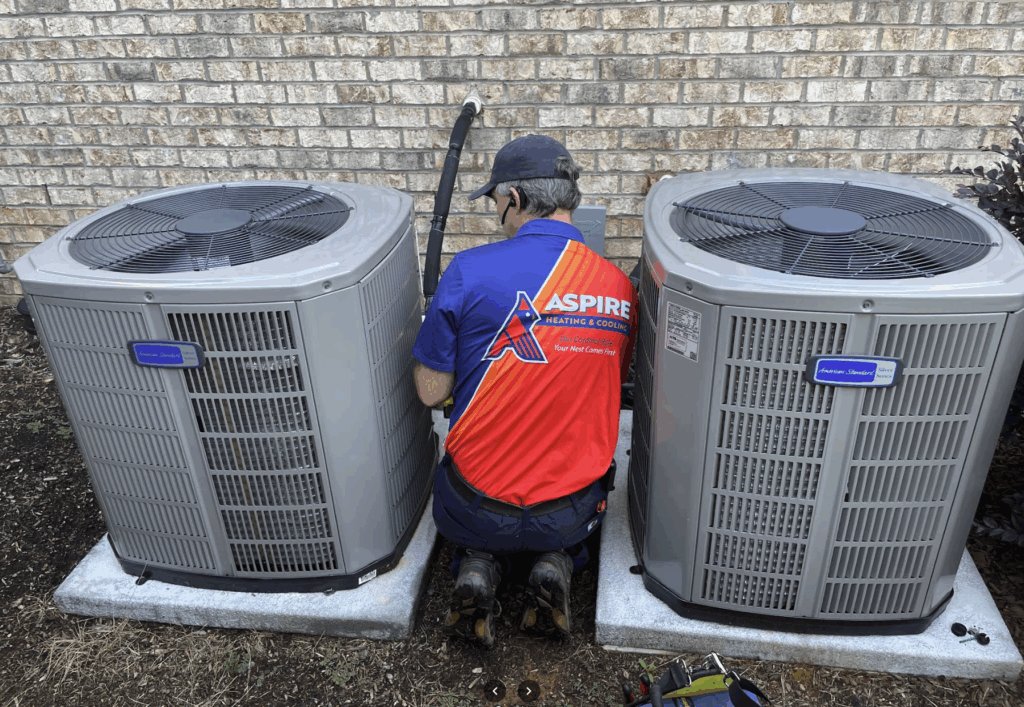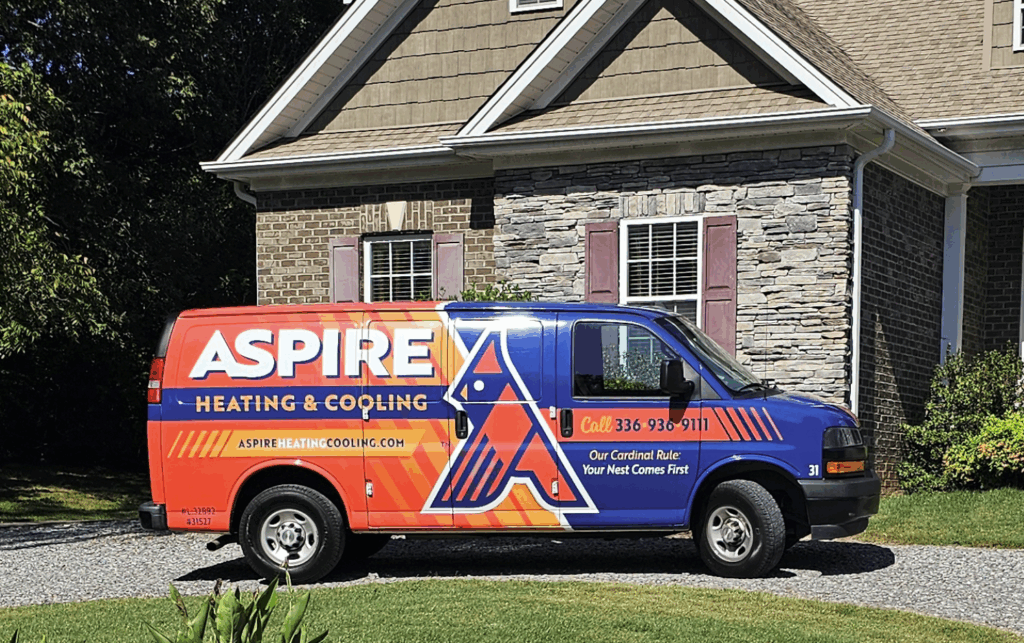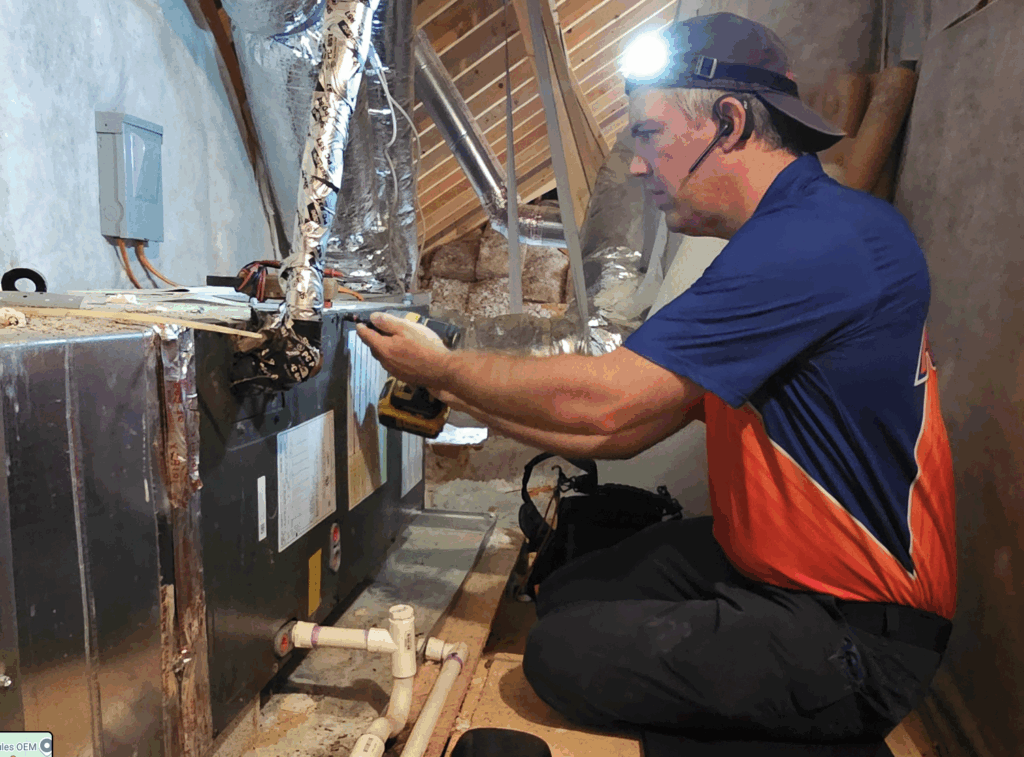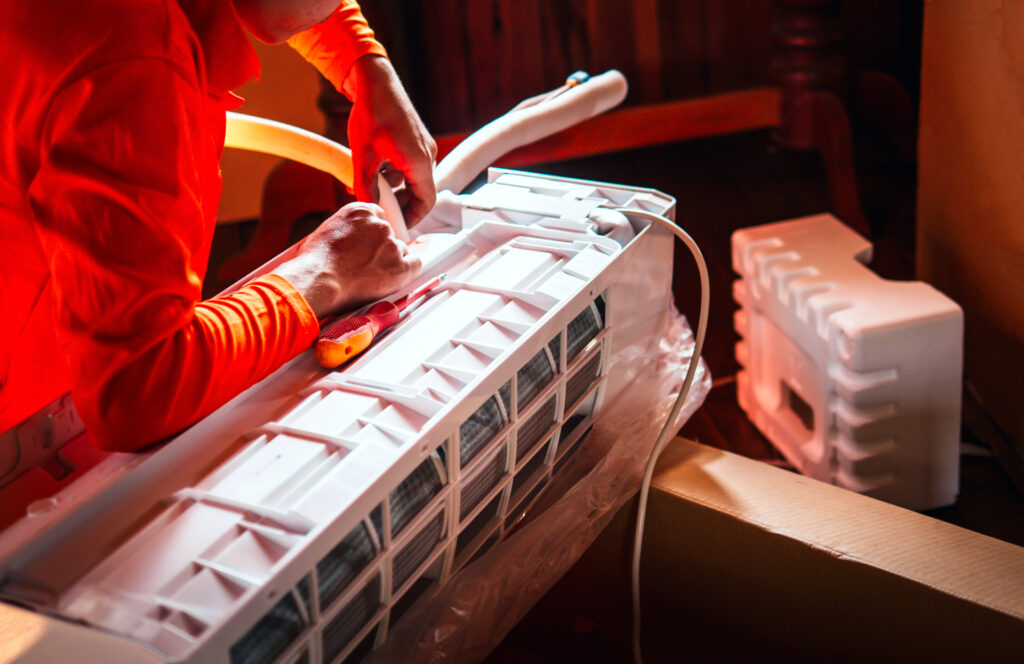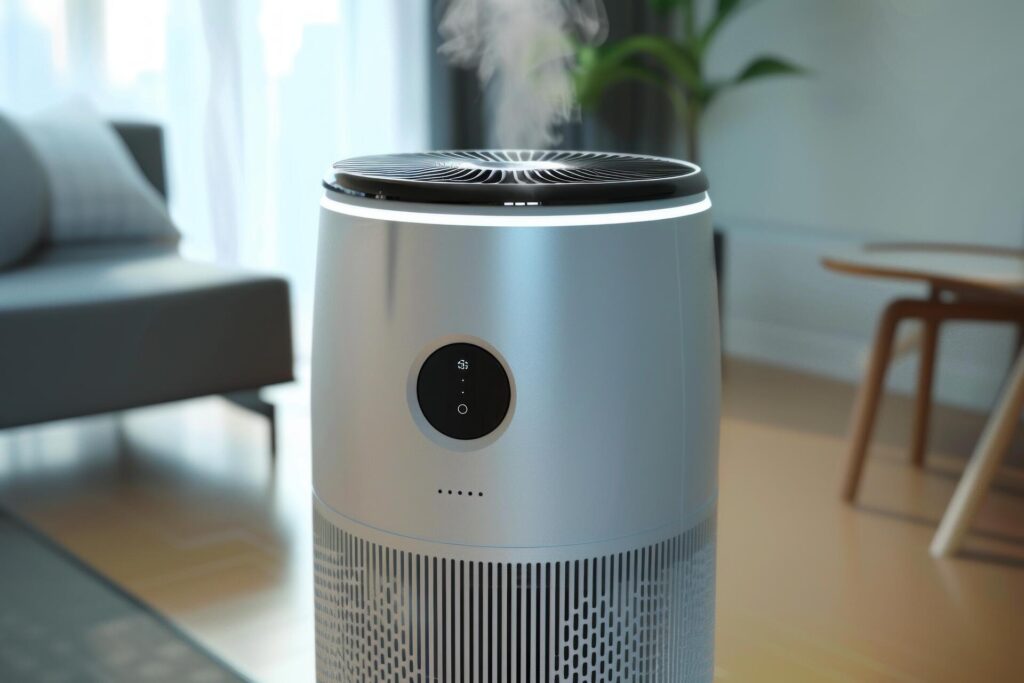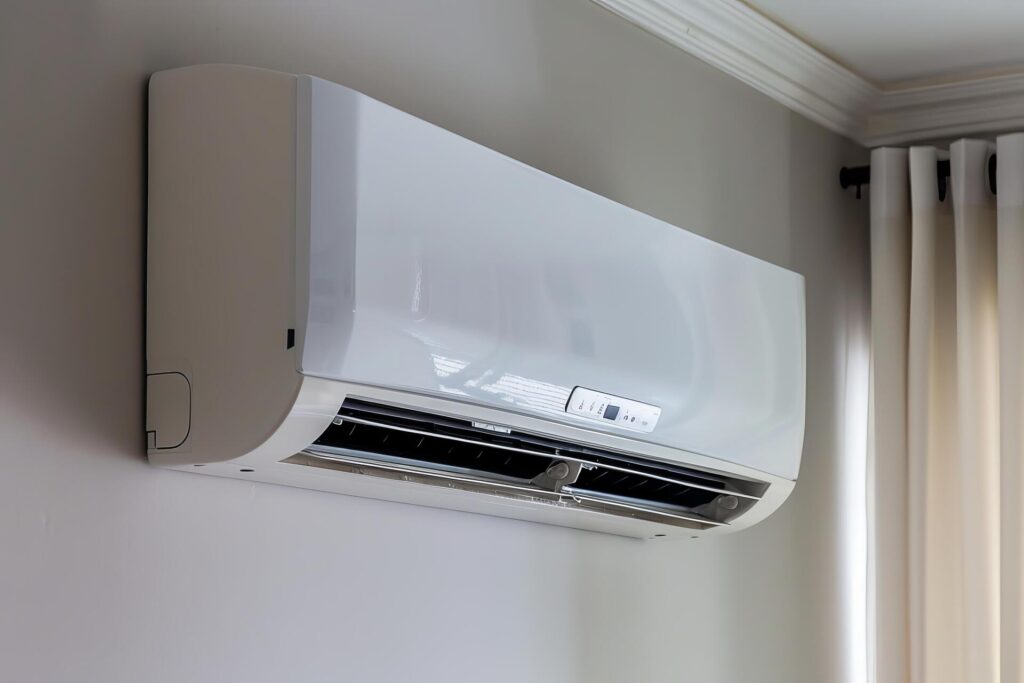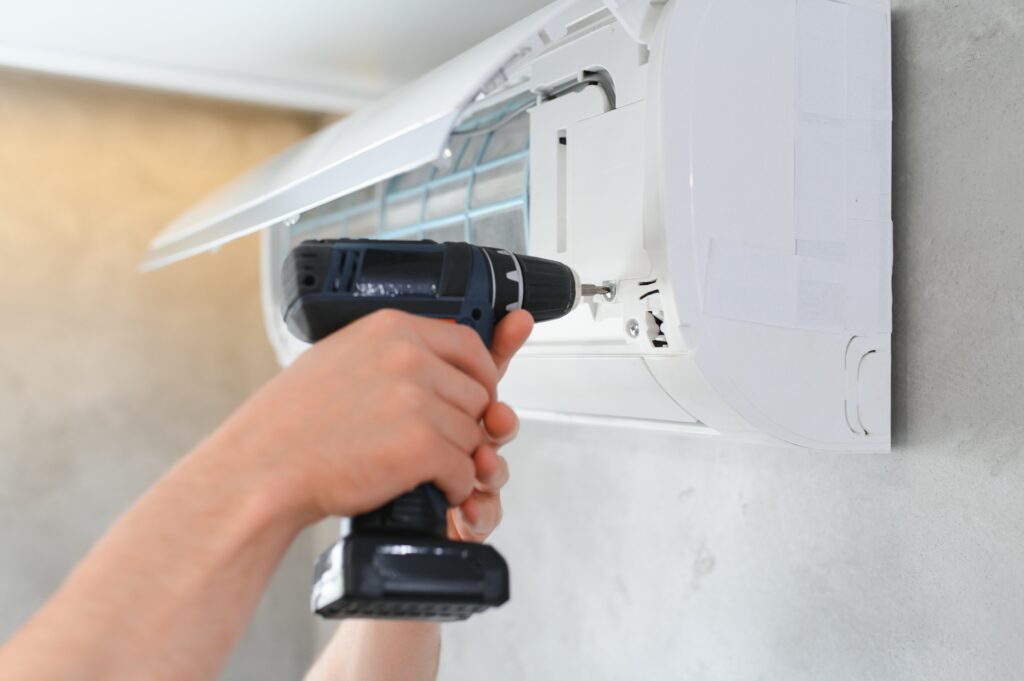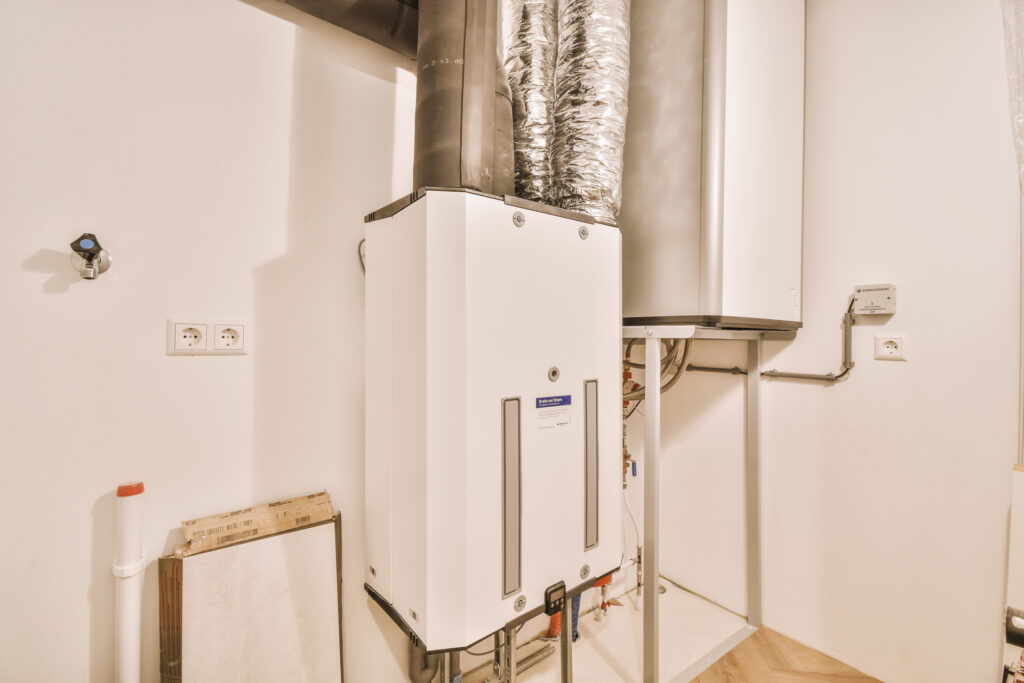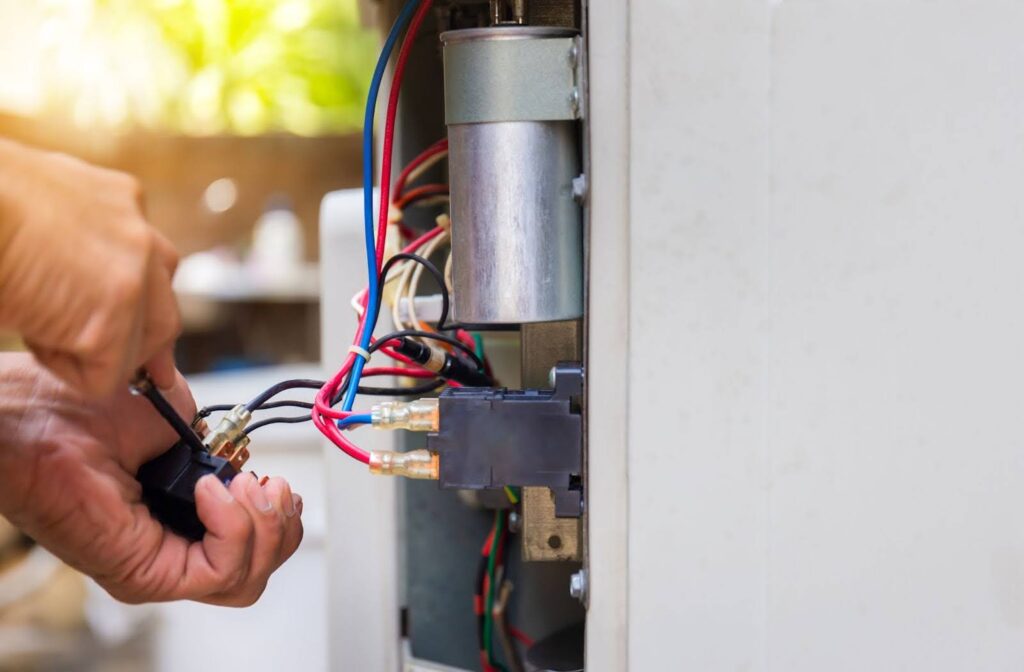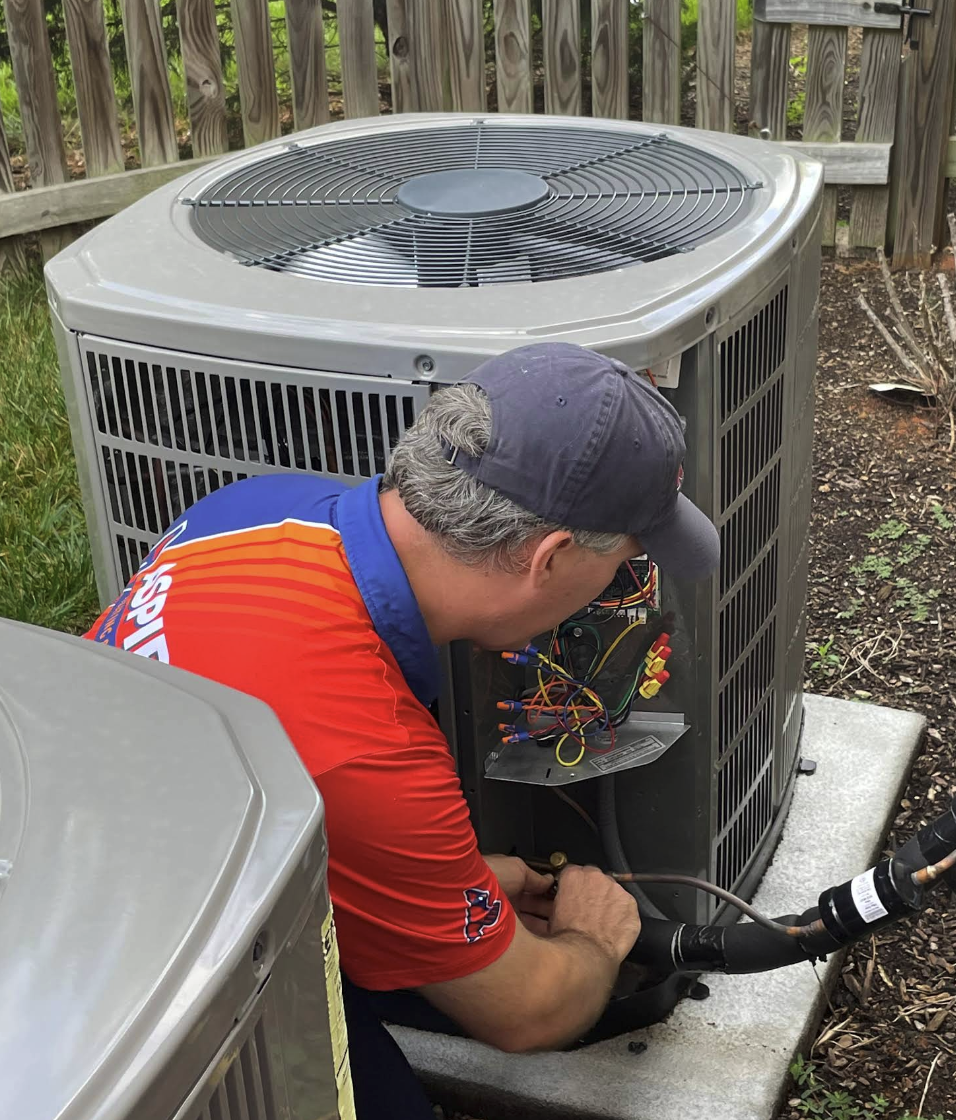Understanding HVAC systems is crucial for homeowners looking to maintain comfort and efficiency in their residences. HVAC, which stands for Heating, Ventilation, and Air Conditioning, is a system that regulates indoor temperature and air quality. The components typically include a furnace, air conditioner, ductwork, and a thermostat. Over the years, HVAC technology has evolved significantly, from simple wood-burning stoves to sophisticated systems that utilize smart technology. The importance of these systems cannot be overstated, as they play a key role in maintaining indoor air quality and ensuring comfort, especially in regions like North Carolina, where climate variations can be significant.
Challenges in Older Homes
Older homes, particularly in North Carolina, often face challenges in maintaining optimal temperature and air quality. These homes may have outdated insulation or lack modern air conditioning, leading to higher energy consumption and costs. HVAC systems offer a solution by improving energy efficiency and providing consistent indoor climate control. For instance, a remodeled historic home in Winston-Salem successfully integrated a modern HVAC system, significantly reducing energy costs while preserving the home’s architectural integrity. Such installations not only enhance comfort but also increase the property’s value.
Ductless HVAC Systems
Ductless HVAC systems are an efficient and cost-effective alternative to traditional setups. Unlike conventional systems that require extensive ductwork, ductless systems consist of an outdoor unit and one or more indoor units connected by a conduit. This setup allows for targeted heating and cooling, which can lead to substantial energy savings. According to Energy.gov, ductless systems can reduce heating costs by up to 50% compared to baseboard heaters and provide cooling at a fraction of the energy cost of central air conditioning. Additionally, ductless systems have a smaller environmental footprint, contributing to sustainability efforts.
Installation and Flexibility
The installation of ductless systems is straightforward, often requiring less time and structural modification than traditional HVAC systems. This ease of installation offers flexibility, allowing units to be placed in various locations without significant disruption. For example, a homeowner in Clemmons opted for a ductless system to maintain the aesthetic of their mid-century modern home, successfully integrating the system without altering the home’s design. This flexibility makes ductless systems an attractive option for homes with unique architectural features or those undergoing renovations.
Performance and Efficiency
In performance scenarios, ductless systems often outperform traditional HVAC setups, especially in terms of efficiency and zone-specific climate control. For homes that require different temperatures in different areas, ductless systems offer superior performance by allowing for individual temperature settings. An HVAC expert from the Piedmont/Triad area noted that ductless systems provide unparalleled efficiency in homes with varying heating and cooling needs. The ability to customize comfort levels in different zones can lead to significant energy savings and increased comfort.
Choosing Between Multi-Zone and Single-Zone Systems
When choosing between multi-zone and single-zone ductless systems, it’s essential to consider the specific needs of the home. Multi-zone systems allow for individual temperature control in different areas, making them ideal for larger homes or those with diverse heating and cooling requirements. Single-zone systems, on the other hand, are suitable for smaller spaces or specific areas that need climate control. Factors such as the size of the home, the number of rooms, and personal preferences should guide this decision. For more information on selecting the right system, refer to this guide.
Climate Considerations in North Carolina
North Carolina’s climate significantly influences HVAC system selection. The state experiences hot, humid summers and mild to cold winters, necessitating systems that can efficiently handle these variations. Regional preferences lean towards systems that offer both heating and cooling capabilities, with an increasing trend towards energy-efficient models. Additionally, local regulations and incentives, such as tax credits for energy-efficient installations, encourage homeowners to invest in modern HVAC systems.
Maintenance and Future Innovations
To maximize the benefits of HVAC systems, regular maintenance is crucial. Routine checks can ensure optimal performance and extend the system’s lifespan. Local HVAC experts recommend professional installation and regular servicing to avoid common issues and maintain efficiency. In the Piedmont/Triad area, Aspire Heating & Cooling is known for providing expert maintenance services that help homeowners get the most out of their systems.
Community and Economic Impact
Looking to the future, the HVAC industry is poised for further innovation. Emerging technologies, such as smart thermostats and advanced energy-efficient systems, are set to revolutionize residential heating and cooling. The integration of smart home technology with HVAC systems offers the potential for enhanced control and efficiency, making homes more comfortable and reducing energy consumption.
Addressing Concerns and Misconceptions
The community and economic impact of HVAC systems is significant. They contribute to community well-being by improving indoor air quality and comfort, which can enhance overall health. Economically, HVAC installations benefit homeowners through energy savings and increased property value. The industry also supports local employment and economic growth, with companies like Aspire Heating & Cooling providing jobs and services in the Piedmont/Triad area.
Conclusion
Addressing common concerns and misconceptions about ductless HVAC systems is important. Some homeowners worry about the cost, noise, and aesthetics of these systems. However, modern ductless systems are designed to be quiet, cost-effective, and visually unobtrusive. Providing factual information can help alleviate these worries and encourage more homeowners to consider ductless options.
Investing in modern HVAC systems offers numerous benefits for homes in North Carolina. From improving energy efficiency to enhancing indoor comfort, these systems are a valuable addition to any home. By choosing the right system for their specific needs, homeowners can enjoy increased comfort and reduced energy costs, making HVAC systems a wise investment for the future.

